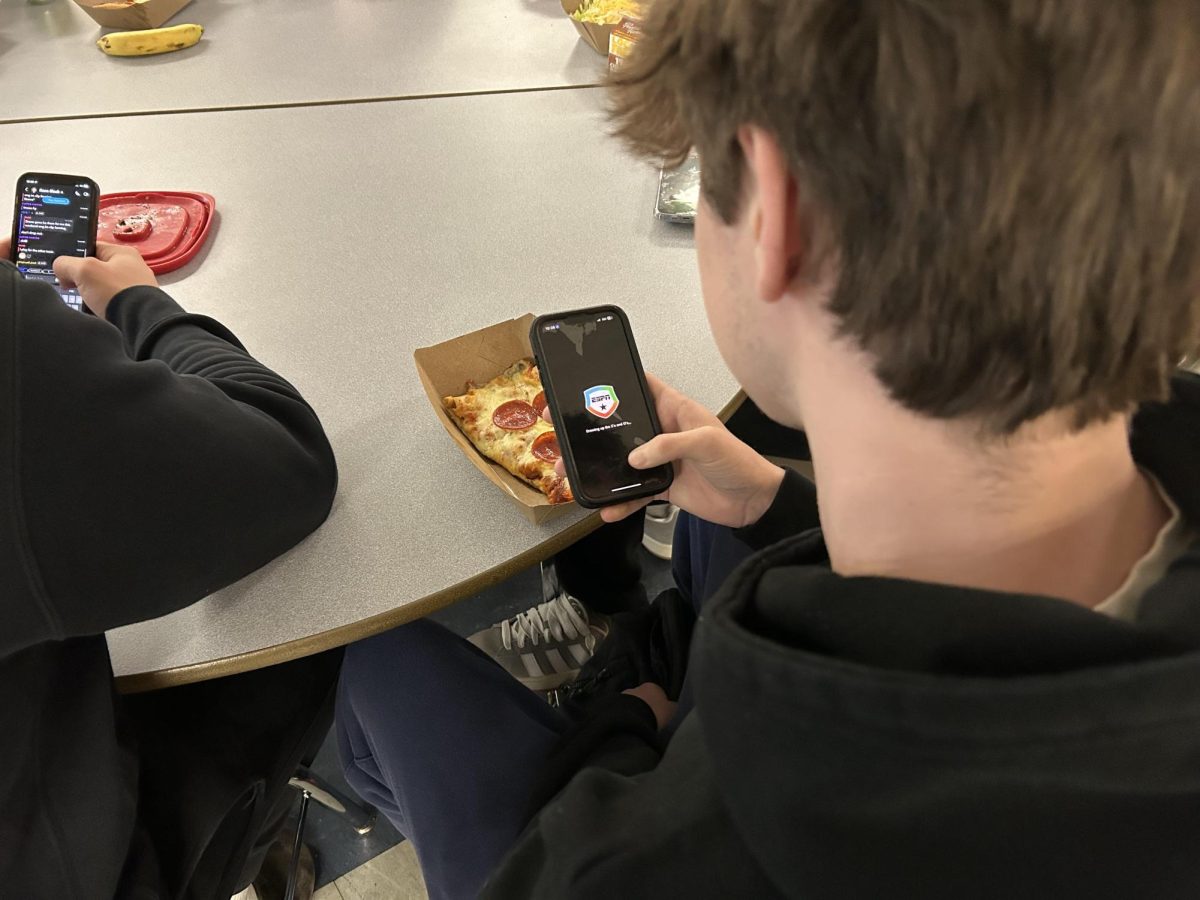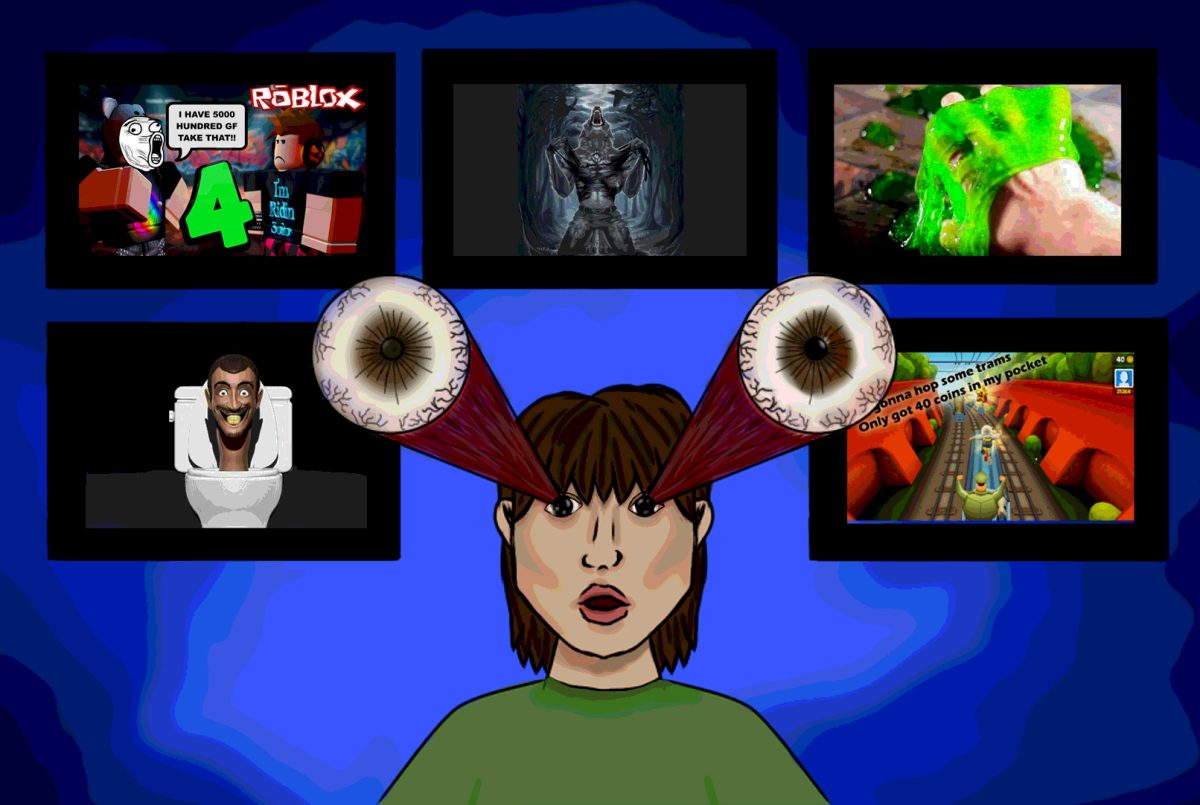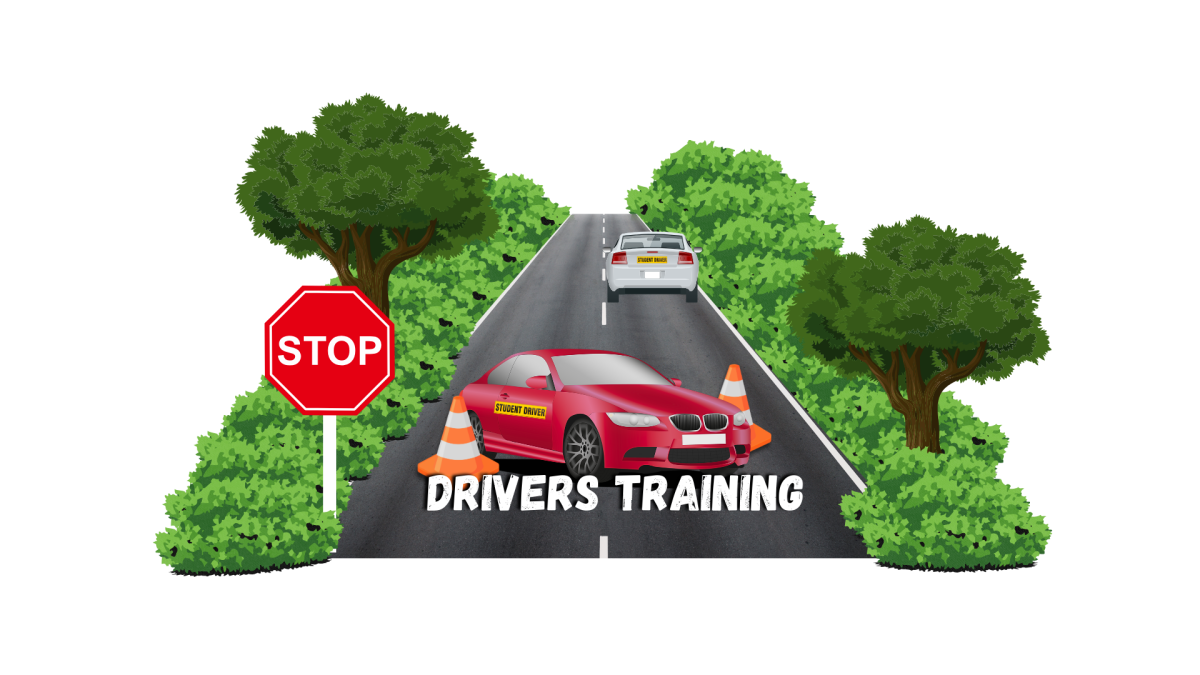
About what time do you wake up in the morning for school? For me, it depends on whether I can get a ride from one of my parents, or if I have to take the bus. On ride mornings, I can get up at 6:20 a.m. On bus mornings, I have to get up around 5:45 a.m. to make my 6:35 a.m. bus. I go to bed around 10:30 p.m. or 11 p.m. most nights, but don’t fall asleep until even later. This means I get between six and eight hours of sleep per night, more than most people I know, and it’s still not enough.
When the radio turns on, or your alarm starts beeping, when your mom or dad comes in, when your phone lights up to let you know it’s time to get ready to go to school, do you feel ready to hop out of bed, well-rested and ready to conquer your day? Probably not, and there are several reasons why.
According to the Division of Sleep Medicine at Harvard Medical School, sleep provides the human body with innumerable benefits; your body heals itself when you sleep, sleep makes you feel better, and it keeps your heart healthy. Sleep also improves your memory and reduces the risk of mood disorders as well as controlling body weight and reducing the risk of diabetes.
Sleep expert Helene E. Emsellem of the National Sleep Foundation says, “Sleep is a simple yet powerful potion with the ability to enhance learning, boost creativity, fight infection, fuel growth, and balance mood.”
Rare though it may be, this is one topic on which the scientific community is unanimous: sleep is a critical period for humans, and when the body and mind operate on a deficit, or lack of sleep, it causes short-term and long-term effects to your mental and physical health. Drowsiness impacts the ability to drive and operate machinery. Chronic sleep loss can lead to heart complications (including heart disease, heart attacks, and other problems), as well as high blood pressure, stroke, diabetes, weight gain, and depression. Short-term sleep loss can also lead to forgetfulness, difficulty concentrating, impaired judgment, and irritability among other problems—these can even occur after a single night of missing sleep.
According to the National Sleep Foundation, teens need about nine hours and fifteen minutes of sleep per night to satisfy their bodies. However, teens can’t get this sleep in the same way as adults: early to bed, early to rise. During puberty, teens’ Circadian Rhythms—or sleep cycles—get off track, and between the ages of 12 and 22, teens’ bodies don’t start producing melatonin (a hormone believed to regulate sleep cycles) until around 11 p.m. at night. This means that we don’t start getting sleepy until then. During these years, the cycles of our body want us to stay up later and sleep later.
If we follow these circadian rhythms, we should be going to bed around eleven, and waking up between eight and nine. Of course, school makes this impossible. When we get up and go to school, our bodies are still actively producing melatonin as though we were still sleeping, making waking a teen around 7 a.m the equivalent of waking an adult around 4 a.m. And as all students are well aware, we can’t get those 9 to 10 hours of sleep easily. If we wake at 6:30, that would mean going to bed around 8:30 or 9:00. Such a feat is near impossible for the average teen with all their responsibilities, not to mention that our bodies don’t want to go to sleep then, anyway.
Yet, there are those who wonder: would there really be significant changes in students performance, or is the later school start time argument all talk and no results? Well, when schools in Minnesota changed their start times from 7:25 a.m. to 8:30, SAT scores improved drastically: math SAT scores by an average of 56 points, and verbal SAT scores by an average of 156 points!
And the benefits aren’t merely scholastic. It is noteworthy that many upperclassmen with licenses drive themselves to school. But, according to the website drowsydriving, driving while sleep deprived can be just as dangerous as driving drunk: “Like alcohol, sleepiness slows reaction time, decreases awareness, impairs judgment and increases your risk of crashing.”
When schools in Illinois made their school start times later by just an hour, teen auto accident rates dropped by 16.5 percent. The studies make it clear that we’re missing out on better motorists, better students, and happier people just because we force them to go against their bodies’ clocks, and operate on a deficit of sleep.
Categories:
Good Morning, Loy Norrix: Schools Can Do Themselves a Favor by Changing Start Times to Suit Teens’ Needs
June 10, 2015
0
More to Discover







